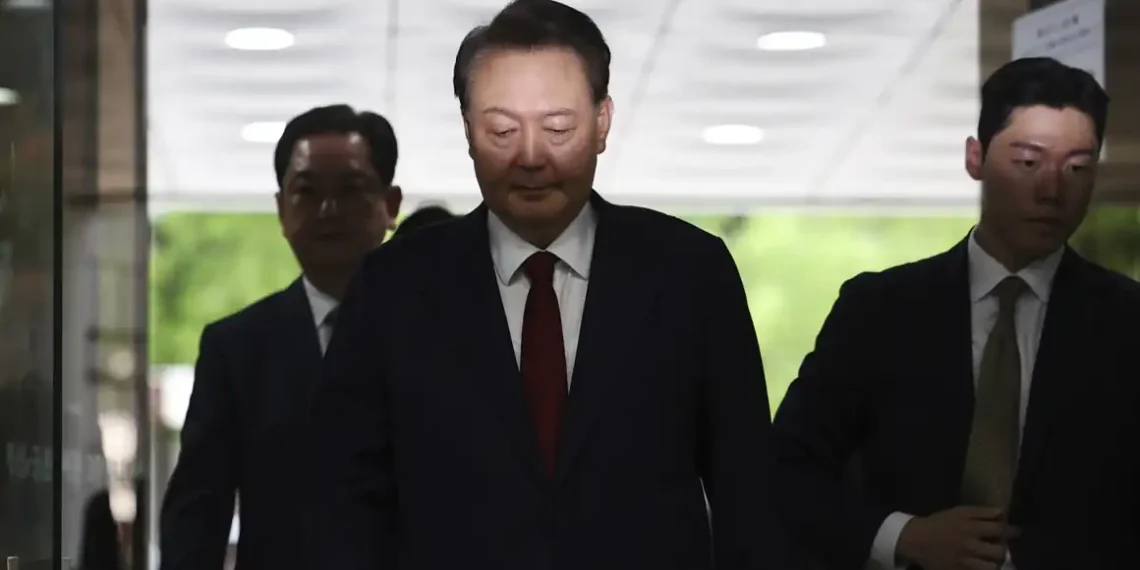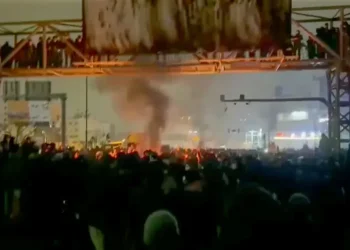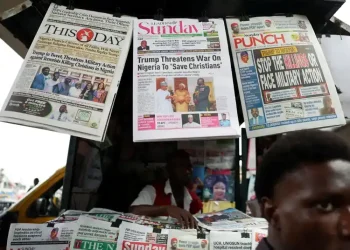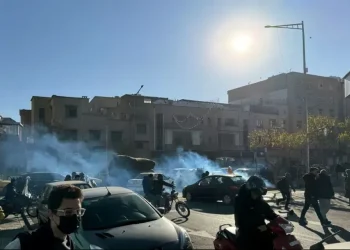Former South Korean President Yoon Suk Yeol Re-Arrested Over Martial Law Charges
Court Approves Second Arrest Amid Evidence Tampering Concerns
SEOUL, South Korea — Former South Korean President Yoon Suk Yeol was taken back into custody early Thursday after a Seoul court approved a new arrest warrant tied to his brief declaration of martial law in December. The court sided with special prosecutors, who argued that Yoon posed a significant risk of destroying evidence tied to his ongoing criminal trial.
The Seoul Central District Court’s decision comes just four months after Yoon was released from detention following a previous arrest in January. That arrest was overturned by the same court in March, allowing him to stand trial for rebellion charges without pre-trial detention.
Special Prosecutor Pursues Additional Charges
Yoon’s re-arrest was sought by a team led by Special Prosecutor Cho Eun-suk, which is also investigating a broader array of allegations against the former conservative leader. In addition to rebellion, prosecutors are pursuing new charges including obstruction of official duties, abuse of power, and falsification of government records.
Prosecutors questioned Yoon twice before submitting their latest arrest request on Sunday. Yoon, who was removed from office in April after the Constitutional Court upheld his impeachment, appeared at the court on Wednesday for a nearly seven-hour hearing but did not speak to reporters.
Potential for Lengthy Detention and Indictment
Under South Korean law, Yoon can now be held for up to 20 days while investigators prepare formal indictments. If new charges are filed, his detention could extend for six months pending a court ruling. A conviction could lead to further incarceration, with the possibility of appeals through higher courts.
Cho’s team is expected to resume questioning Yoon on Friday. He was notably absent from a scheduled Thursday hearing related to his earlier rebellion charges. His legal team did not provide a reason for his absence.
December Martial Law Decree Under Scrutiny
At the heart of the case is Yoon’s controversial martial law decree issued on December 3, which he defended as necessary to suppress what he called “anti-state” liberal lawmakers. The order, however, was swiftly overturned within hours after legislators breached a military blockade around the National Assembly and voted to nullify the decree.
Yoon was impeached on December 14 and formally indicted on January 26. Prosecutors allege he attempted to unlawfully seize control of the legislative branch and national election bodies, and sought to detain political opponents. The rebellion charge carries penalties ranging from life imprisonment to death.
Accusations of Illegal Use of State Forces
Prosecutors further claim Yoon bypassed legal protocol by enacting martial law without Cabinet approval and misused the presidential security forces to resist arrest. In early January, presidential guards allegedly prevented law enforcement from detaining Yoon at his private residence.
New Administration Launches Investigations
South Korea’s new President, Lee Jae Myung, a liberal and former rival of Yoon, authorized a series of special investigations last month targeting Yoon’s martial law actions, as well as additional criminal allegations involving his administration and wife.
Yoon’s legal team has criticized the arrest as excessive and politically motivated. They have yet to respond publicly to the court’s decision to approve his re-arrest.
The case remains one of the most dramatic political scandals in South Korea’s modern history, highlighting deep divisions over presidential authority, legal accountability, and the limits of executive power.
This article was rewritten by JournosNews.com based on verified reporting from trusted sources. The content has been independently reviewed, fact-checked, and edited for accuracy, neutrality, tone, and global readability in accordance with Google News and AdSense standards.
All opinions, quotes, or statements from contributors, experts, or sourced organizations do not necessarily reflect the views of JournosNews.com. JournosNews.com maintains full editorial independence from any external funders, sponsors, or organizations.
Stay informed with JournosNews.com — your trusted source for verified global reporting and in-depth analysis. Follow us on Google News, BlueSky, and X for real-time updates.














